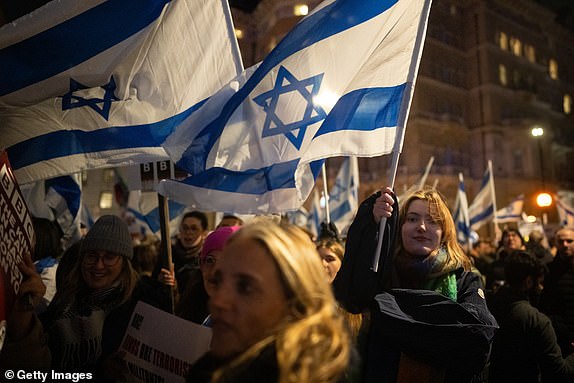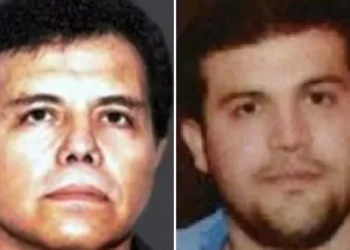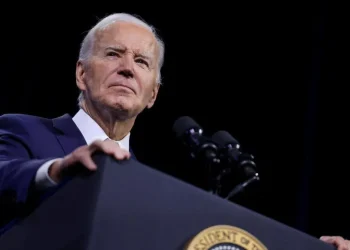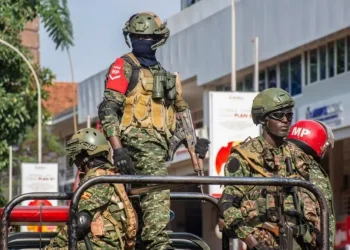Benjamin Netanyahu has again insisted Israel should retain security control over all the Palestinian territories. The Israeli prime minister said this condition was “contrary” to a future Palestinian state being established.
His comments on Saturday defied pressure on his government from the US and others to commit to future Palestinian statehood. Mr Netanyahu and US President Joe Biden discussed the future of the Palestinian territories in a call on Friday.
The Israeli PM’s latest intervention appeared to deepen a public divide between his government and the US over future governance of Gaza and the West Bank when the Gaza conflict comes to an end.
The US believes a future Palestinian state alongside Israel – known as a “two-state solution” – is vital for long-term stability. But the White House acknowledged this week the US and Israeli governments “clearly see things differently”.
Speaking to reporters after the two leaders held a call for the first time in almost a month, Mr Biden insisted a two-state solution was still possible with Mr Netanyahu in office.
“There are a number of types of two-state solutions. There’s a number of countries that are members of the UN that… don’t have their own militaries,” he said.
But on Saturday Mr Netanyahu doubled down on his position, which he has held for much of his political career and repeated earlier this week.
A statement released by his office read: “In his conversation with President Biden, Prime Minister Netanyahu reiterated his policy that after Hamas is destroyed Israel must retain security control over Gaza to ensure that Gaza will no longer pose a threat to Israel, a requirement that contradicts the demand for Palestinian sovereignty.”

Also on Saturday, in a post on X – formerly Twitter – he said Israel must retain “security control over the entire area west of Jordan”, an area which also encompasses the Israeli-occupied West Bank territory.
The comments will dampen hopes in some circles that the Gaza crisis could result in Israeli and Palestinian leaders restarting diplomatic negotiations and kickstarting the dormant peace process.
















